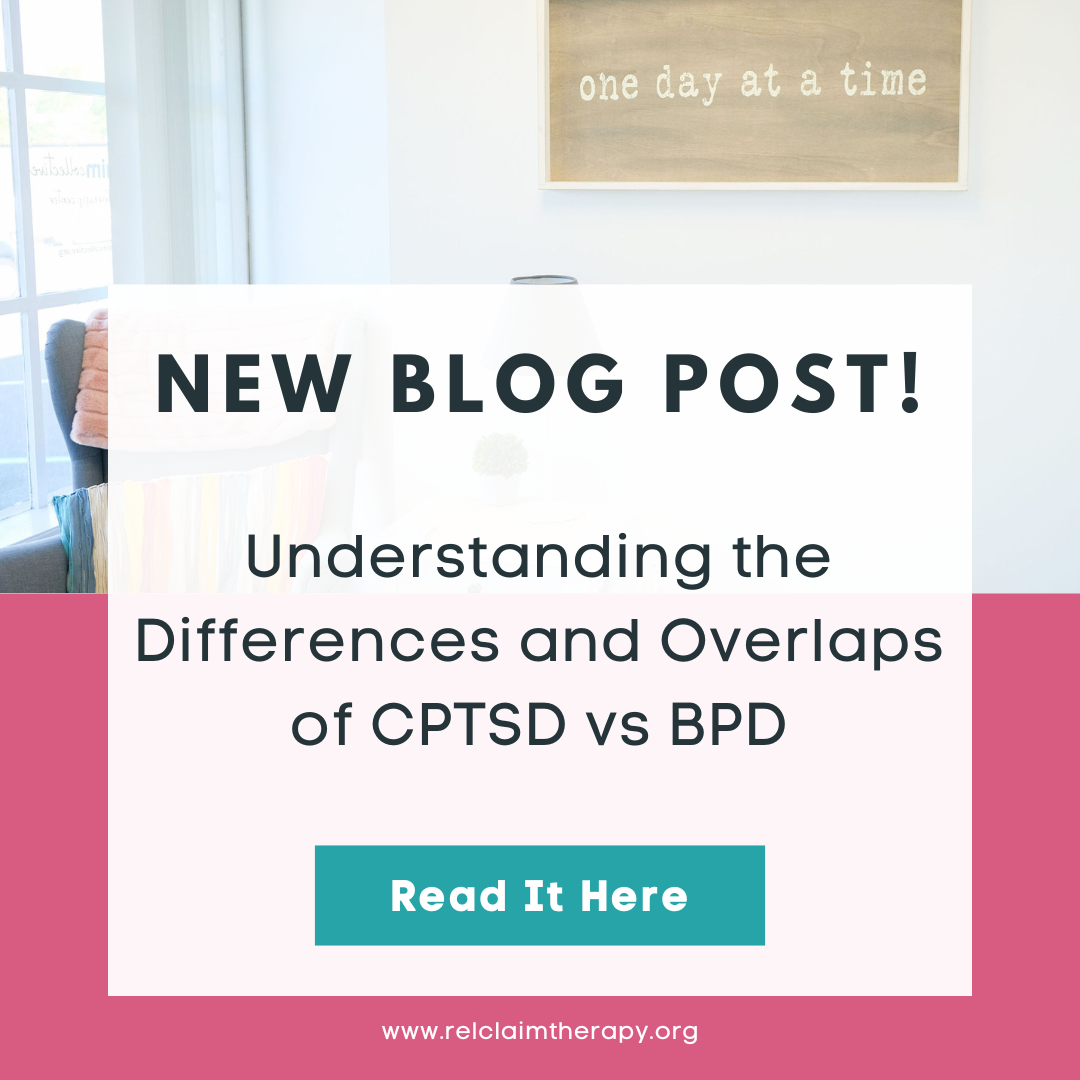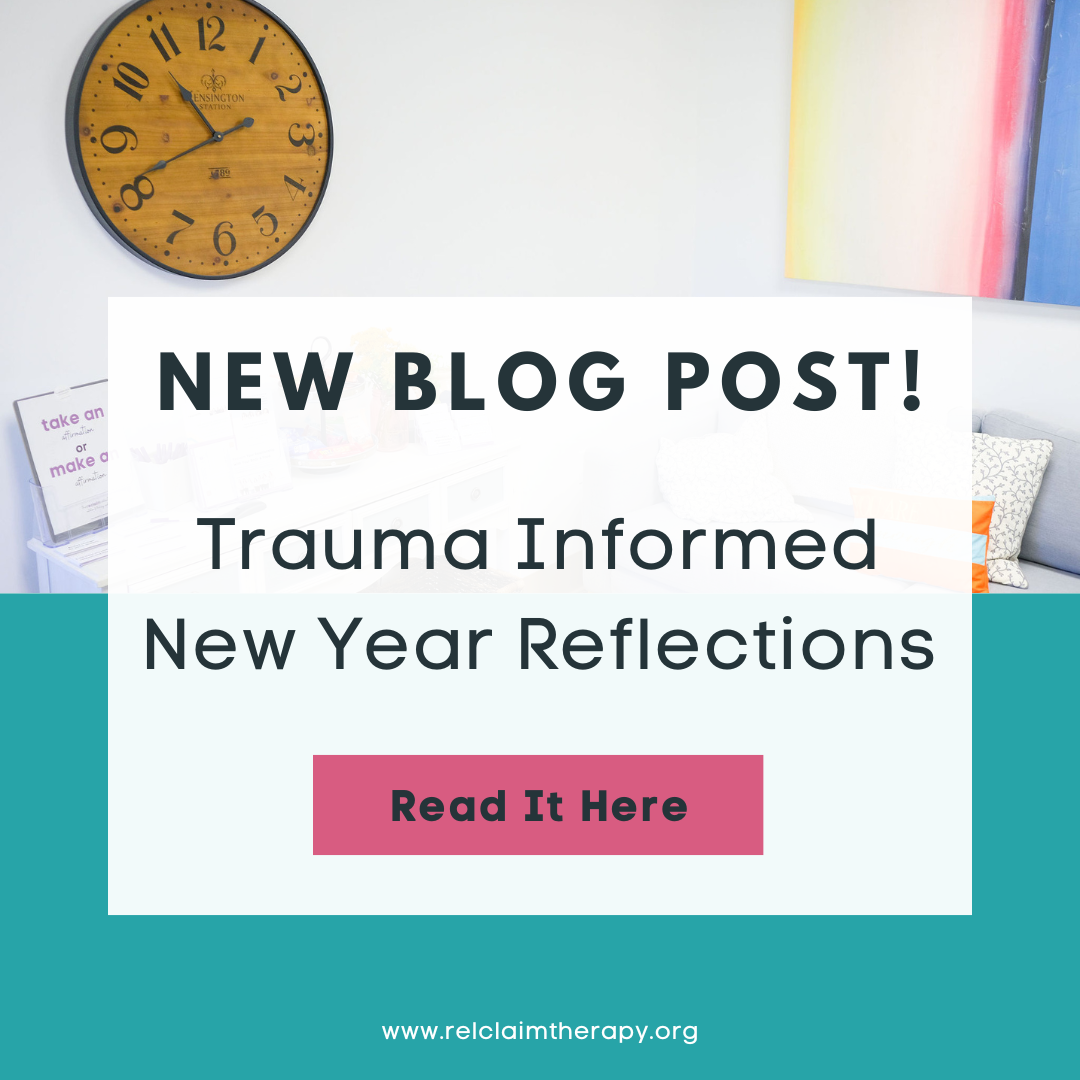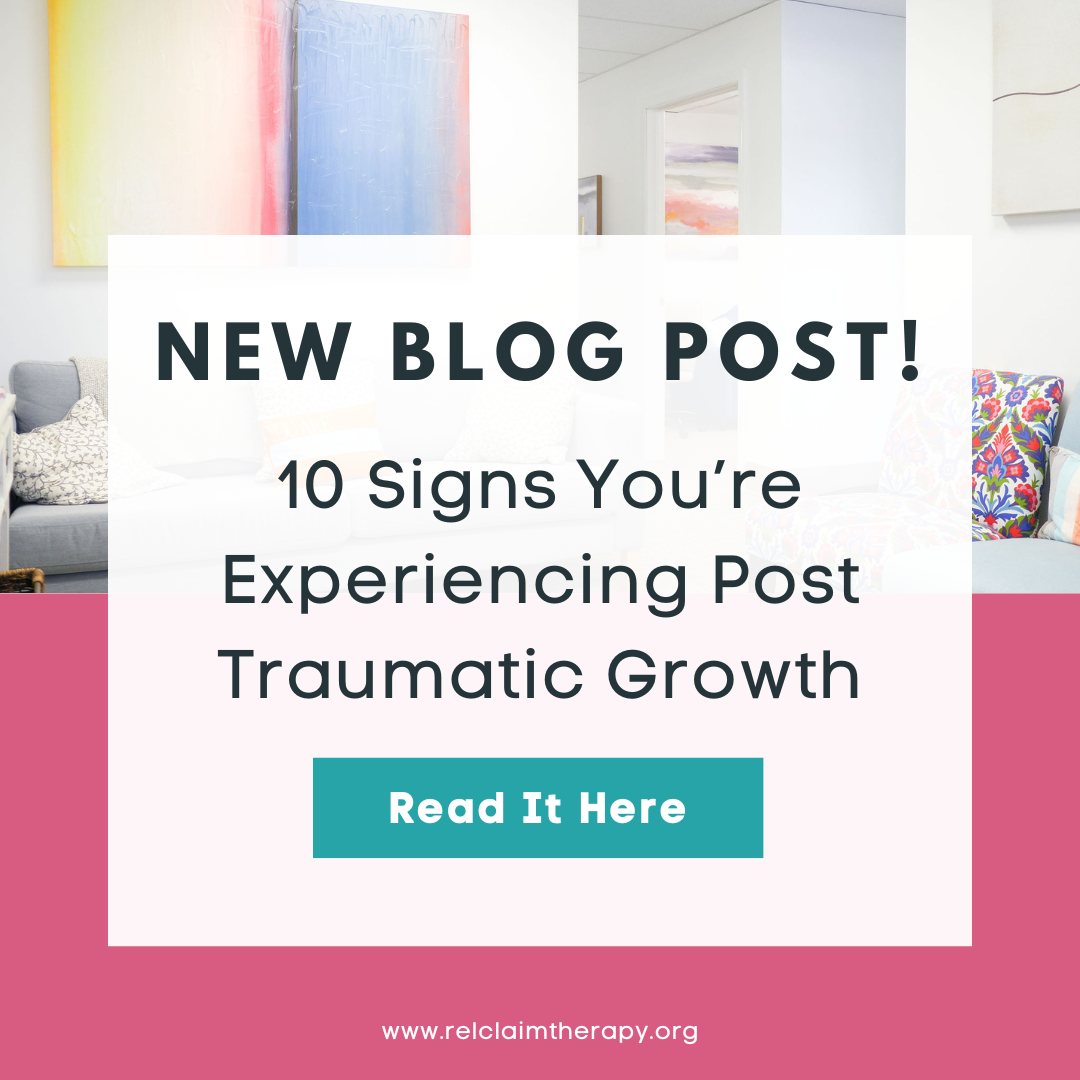The Beautifully Badass Blog
The safe space to find information on eating disorder recovery, trauma and PTSD, EMDR, and body image.
Filter By Category
If you’ve ever quietly wondered, "do men get eating disorders?" the answer is yes.
Absolutely, yes.
If you’re a man struggling with you’re relationship with food and your body, we see you.
If you’ve ever found yourself wondering whether you have complex PTSD (CPTSD) or borderline personality disorder (BPD), or if you’ve been given conflicting diagnoses, many people have had similar experiences.
Maybe someone’s tone of voice sets something off inside you, or you make a small mistake and suddenly feel like a complete failure, unworthy of love or belonging.
No clear memory. No obvious trigger. Just an emotional landslide that feels impossible to stop.
If you grew up feeling like you couldn’t rely on anyone, it makes sense that as an adult, you might operate like you don’t need anyone.
Hyper-independence, being so self-reliant that you struggle to ask for or receive help, often gets framed as a strength.
People admire it.
They call you “capable,” “driven,” and “strong.”
Self-care. It’s benefits are everywhere.
Bubble baths, face masks, cozy blankets.
And sure, those things can be great.
But the deepest, most radical self-care?
It’s not always cute.
Narcissistic abuse doesn’t just end when the relationship does.
The damage lingers: self-doubt, emotional exhaustion, nervous system burnout, and a nagging feeling that maybe it really was all your fault.
It’s not.
Narcissistic abuse is one of the most confusing and damaging forms of emotional manipulation.
It doesn’t leave visible scars, but it deeply impacts your sense of self, making you question your reality, your worth, and even your ability to trust your own mind.
You know that feeling…That moment when you walk into a room, maybe a party, a meeting, even a family gathering, and suddenly, it hits.
“Everyone else seems to know something I don’t.
They belong here. I don’t.”
Lately healing the inner child has been trending on social media. Tik tok’ers and tik tok therapists are sharing tips and touting that the way to heal from trauma is to heal your inner child.
But, what exactly does that mean? Why is it important? Is it really that easy? (spoiler alert- it’s important and often not as easy as they say it is!)
Emotional neglect is one of the most overlooked but deeply impactful forms of trauma.
Unlike other forms of trauma, it’s not about something that happened—it’s about what didn’t.
You might think of it as sadness during the winter or the “winter blues”.
These assumptions are true, but there is also much more to the definition of Seasonal Affective Disorder.
There are actually two types of SAD.
Do you ever feel like your mind pulls you into a world of vivid stories or fantasies, leaving reality behind? Or do you ever find yourself so disconnected that everything around you seems unreal.
These experiences might seem similar, but they’re not quite the same.
Year-end reflection can feel overwhelming, especially if you’ve experienced trauma. It’s okay if traditional New Year’s prompts don’t resonate with you-they weren’t made with your experiences in mind.
This blog offers a softer, more supportive way to look back on your year.
Here at Reclaim Therapy, we know healing is a deeply personal, nonlinear journey. Growth doesn’t erase the pain, but sometimes, it can rise alongside it.
Post-traumatic growth (PTG) describes the changes people may experience through the process of grappling with trauma.
ADHD symptoms are frequently misunderstood or missed altogether, as they often present in subtle ways. When paired with an eating disorder, these complexities can feel overwhelming- but there is hope to recover from your eating disorder while living with ADHD.
If you’ve experienced trauma and find yourself struggling with fragmented or missing memories, you’re not alone.
It’s common to feel confused or frustrated when some moments are crystal clear, while others are fuzzy or blank.
Living with Complex Post-Traumatic Stress Disorder (CPTSD) can feel like carrying an invisible weight that no one else seems to understand.
It’s not just the memories of what happened—it’s the emotional rollercoaster, the constant feeling of being “too much” or “not enough,” and the deep longing of wanting connection but feeling afraid to trust.
As a trauma therapist, I've seen firsthand how political discussions at family gatherings can reactivate old wounds and create new ones.
For those who feel very disconnected from their bodies, even the idea of body awareness might feel overwhelming. This is completely normal.
While many body image therapists approach body image issues by focusing on changing our thoughts about our bodies through affirmations or cognitive restructuring, Reclaim’s body image therapists firmly believe that lasting healing requires something deeper: a return to the wisdom and experience of the body itself.
Since I was a young child, singing has been a natural expression of my being.
Something about singing along to songs on the radio, singing among others at concerts and in choirs, and just singing myself through my day offered solace. Singing allowed me to find my voice even when I felt silenced by the daily challenges of life.
While traditional talk therapy is great for understanding why you feel this way, sometimes you need something that speaks directly to your body's stress response, especially if you are someone who has experienced trauma.
That's where EMDR comes in.
In and out of the therapy room, self worth vs self confidence are frequently discussed concepts.
While often used interchangeably, these are two very different aspects of our self-perception that play important roles in our overall well-being.
Behind the smiles of some athletes who return home decorated with Olympic medals is a struggle that has overshadowed their quest for gold.
Olympic glory has come at the cost of their physical and mental health as they struggle with disordered eating and body image. In recent memory, more have spoken out about their struggles.
Many people who have experienced trauma struggle with fragmented memories, intense emotions, and physical sensations they can't explain. Understanding the sciencey, neurobiology of trauma, can provide insights into these experiences and start to clear a path for healing.
At its heart, food freedom is about breaking free from the chains of restrictive eating, saying goodbye to rigid food rules, and quieting that constant chatter in your head about what, when, and how much to eat.
Body image and self-image are fundamental aspects of our individual identities that form over time, and can be influenced by a number of factors. One factor that can have a significant impact on body image is childhood trauma. This relationship is often complex and multi-faceted, underlining the need for comprehensive and compassionate understanding.
In the age of social media and self-help gurus, we're constantly bombarded with messages telling us to "just be positive" or "good vibes only."
While positivity can be beneficial, there's a dark side to this relentless optimism - toxic positivity.
As eating disorder therapists, we’ve seen firsthand the very real impact that "What I Eat in a Day" videos can have on people's relationships with food and their body.
Here are 10 reasons why they're harmful.
Join The Reclaim You Newsletter
Sign up for weekly(ish) insights, stories tips and tools to support you in Reclaiming YOU in the wake of trauma, disordered eating and body-shame






























If you’re struggling with how you feel in your body after having a baby, whether it’s been six weeks or six years, please know: there is nothing wrong with you.